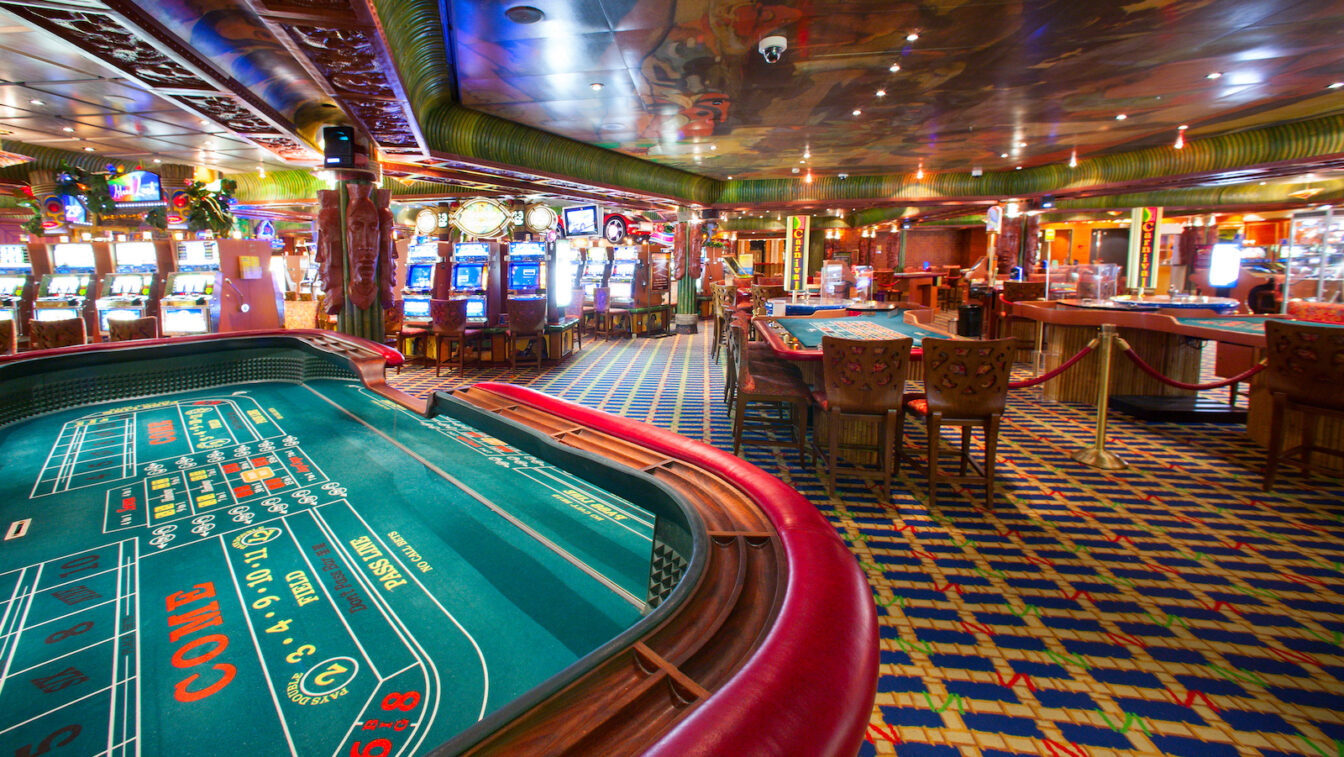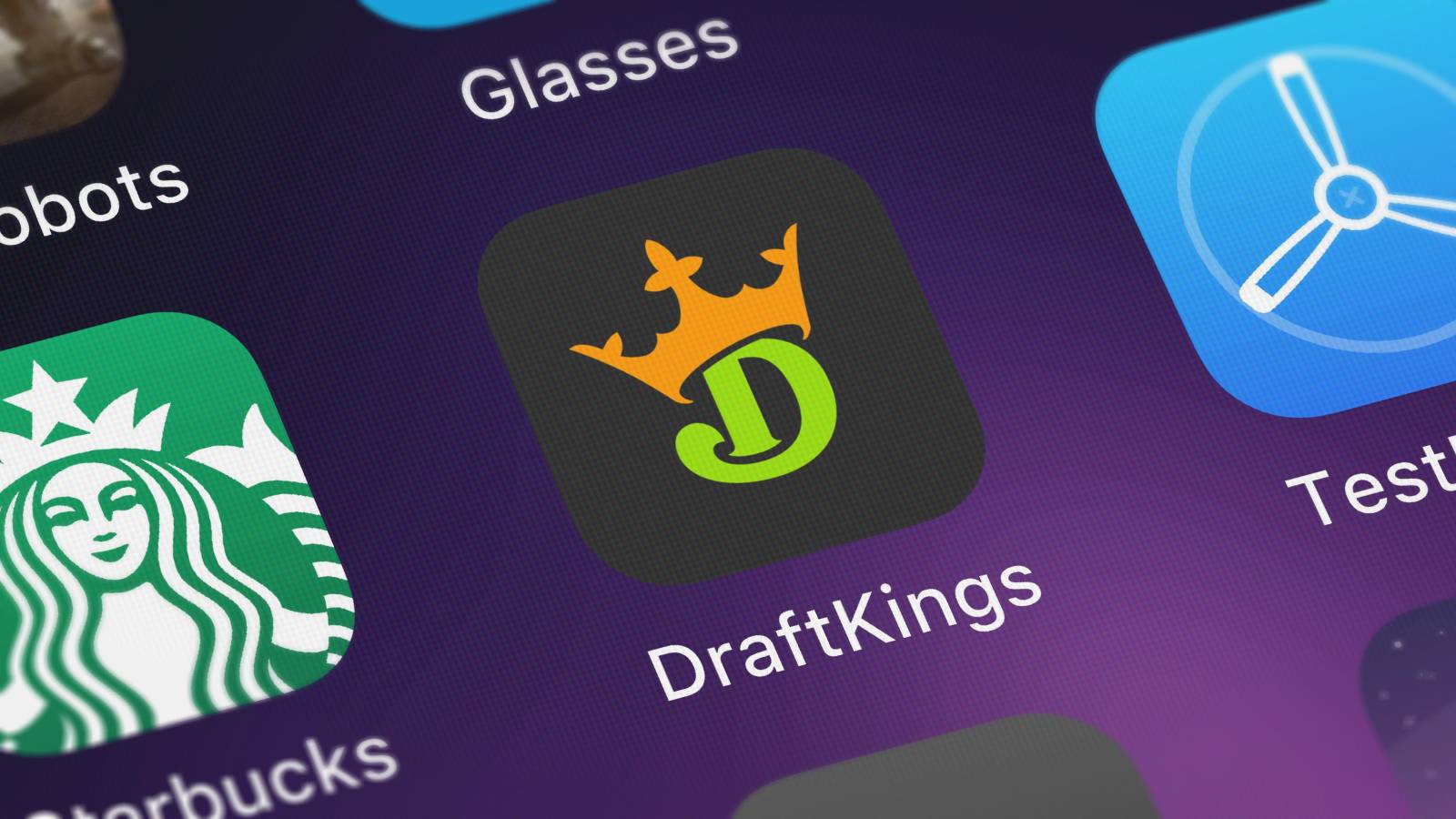Sweeps Group Claps Back At American Gaming Association Claims
The two groups escalate their war of words as some statehouses consider legislation that would ban sweepstakes casinos
2 min

The Social and Promotional Gaming Association (SPGA), a group that advocates on behalf of “social sweeps” aka sweepstakes casinos, took aim at the American Gaming Association (AGA) and its President and CEO Bill Miller on Wednesday for his comments about the gaming vertical in his annual State of the Industry address.
Miller said the rise of sweepstakes casinos over the past 18 months has been an issue for the gaming industry, which reported a record $71.92 billion in operator revenue in 2024. He said the AGA has asked regulators for more specific definitions of what gambling is and will “continue to press … to further clarify the rules as it relates to sweepstakes.”
In a statement released by the SPGA on LinkedIn following Miller’s comments, the association said the AGA “trotted out many of the same tired canards about social sweepstakes that self-interested critics have peddled for months.”
It added the AGA “knows that social sweepstakes sites don’t directly compete with traditional real-money online casinos,” and questioned its claims of being “an industry under dire competitive pressure” after reporting a record revenue haul.
The AGA’s biggest point of contention
According to Miller, the AGA’s biggest issue with sweepstakes casino is its “utilizing loopholes in order to compete against the legal regulated gaming industry.” The SPGA retorted that “properly operated sweepstakes are legal in almost all states” and its members “operate within well-established legal frameworks that contrast starkly with black-market offshore sportsbooks and casinos.”
The SPGA also hinted sweepstakes casinos are not the enemy of the AGA, but rather, prediction markets. Prediction markets including Kalshi could be viewed as a threat to the commercial sports betting industry that accepted nearly $150 billion in wagers in 2024.
While the scope of sports-related offerings on prediction markets is rapidly evolving and under dispute as to what’s even permissible, right now they exist as an option in all 50 states, unlike state-sanctioned sports betting, with a review in progress by the Commodity Futures Trading Commission (CFTC).
The SPGA pointed out the new Trump administration “has upended nearly every long-held assumption about the primacy of states in regulated gambling and threatened to open a 50-state federal sports betting market without ever holding a hearing or passing a bill.”
Miller directly addressed prediction markets in his comments Wednesday, saying the AGA plans “to submit formal comments and be part of the town hall period where we can weigh in.” He added the association is “more than a little concerned that (sports betting) could be washed away by some federal agency.”
How big is the market, really?
The SPGA did not provide a revenue figure for sweepstakes casinos in its statement, which creates room for a wide range of estimates. GiG, for example, estimated the market at $6.9 billion for 2025 in its September 2024 investor presentation.
In a blog post last fall, Regulus Partners said there is a disconnect of sorts when it comes to accounting for revenue since sweepstakes casinos “offer the ability for customers to win prizes for free.” Regulus noted this means “the revenue customers pay to participate cannot be directly linked to the prizes paid out” and estimated the net revenue from such contests in Fiscal Year 2024 to be $1 billion.
The existence of sweepstakes casinos continues to be a hot-button topic as states debate their legal status. Connecticut, which has internet casino gaming in addition to brick-and-mortar venues, currently has legislation proposing to ban them. And in Mississippi, the state senate recently passed such a measure with action over to the house.
Hawaii is at the opposite end of the spectrum with a bill to legalize such games currently in legislature.






